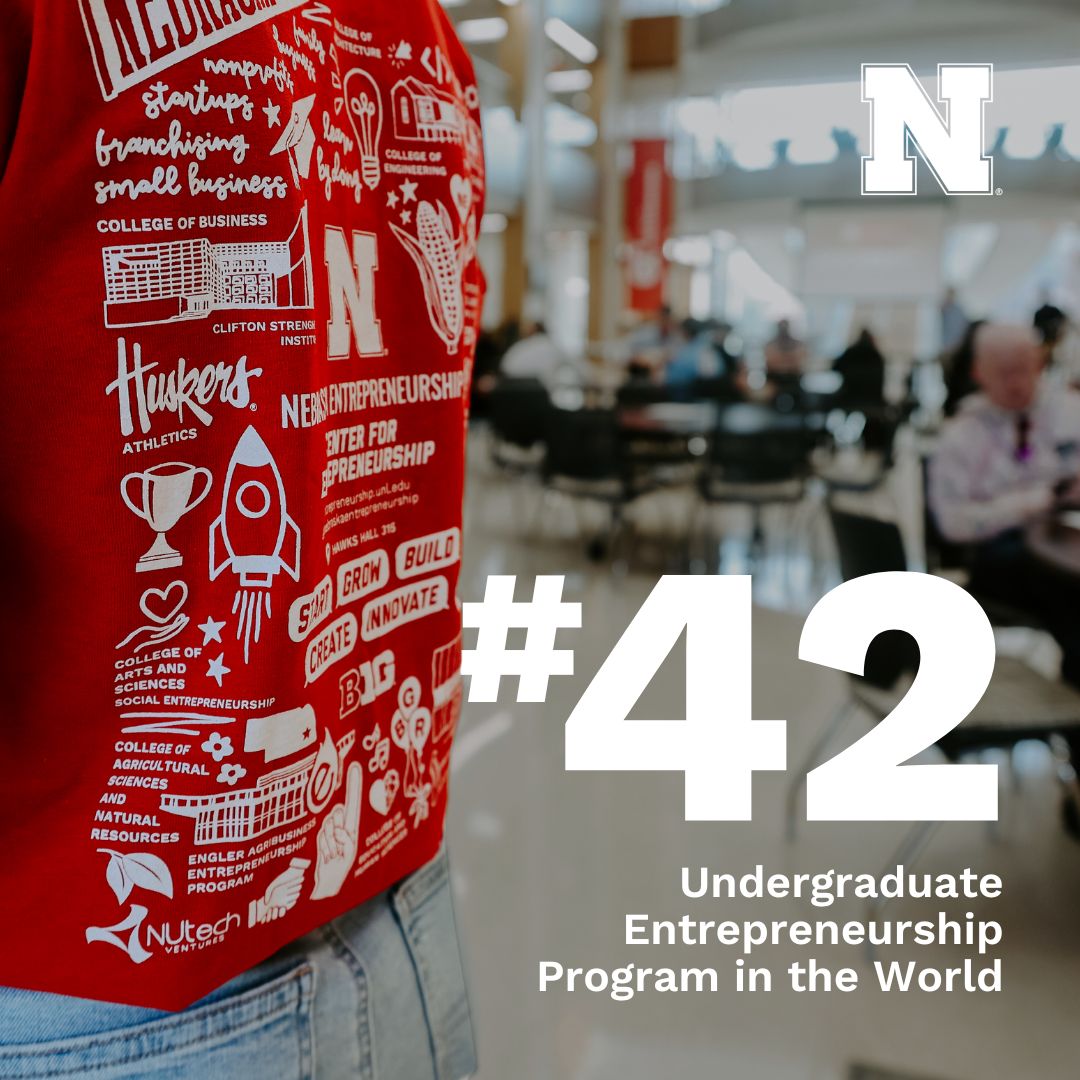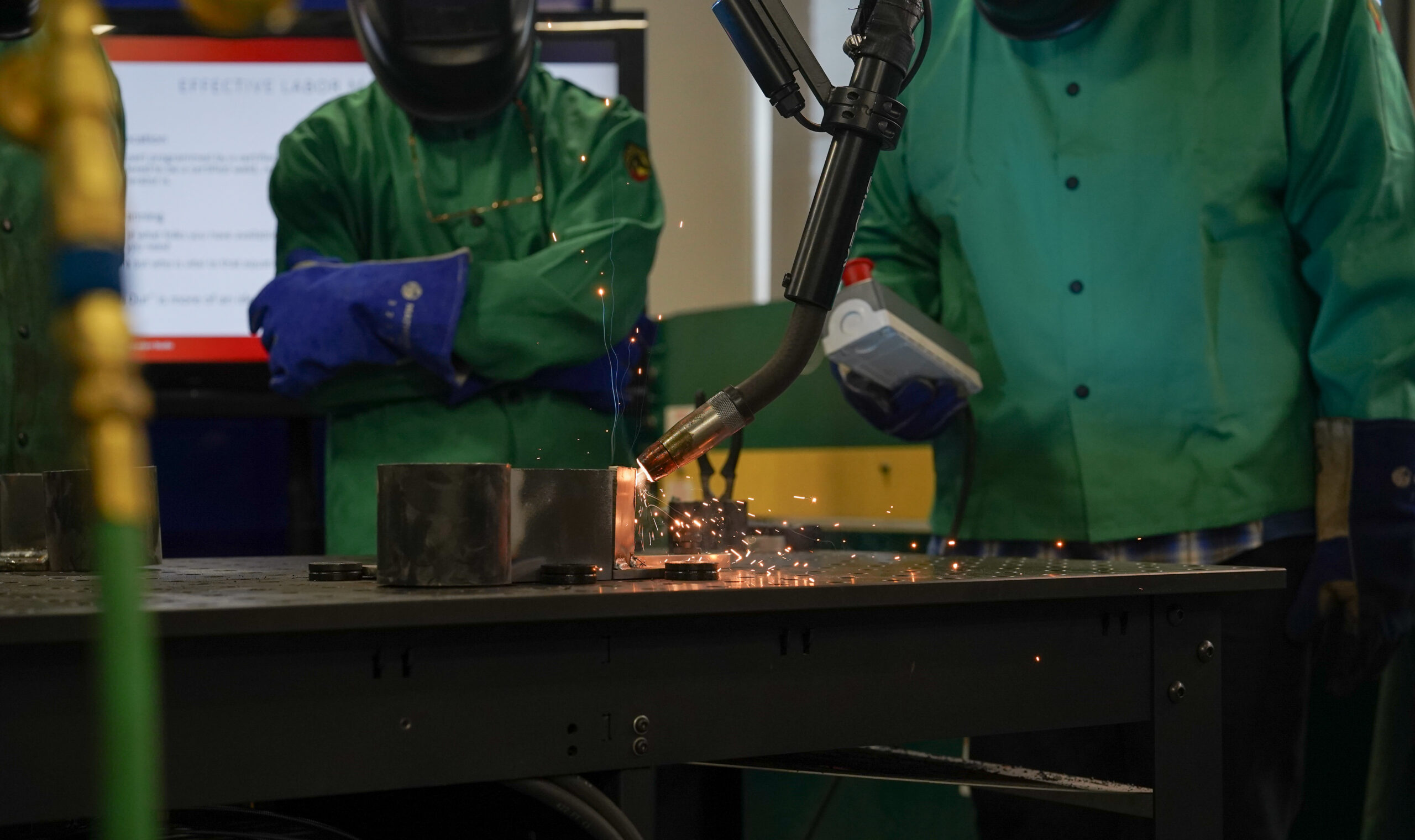
Joseph Knecht came to Nebraska from New York 20 years ago to pursue an advanced degree. He met some like-minded people, got involved with a startup, and never left.
Today Knecht and his partners head a successful Lincoln-based venture creation company called VentureTech. The company rapidly validates, builds and launches high-growth, B2B-targeted Software as a Service (SaaS) businesses.
“The ecosystem of the B2B buying process is changing dramatically,” Knecht said. “Today a startup with two people can sell software to a hospital. A product idea can be sold before it’s even built.”
VentureTech is disrupting the typical entrepreneurial approach of “idea-build-then find customers” through a process of pre-validation.
“We actively go out to potential customers to validate that a problem is real,” Knecht said. “The pre-validation process really gets problems to float to the top.”
The company seeks out non-technical founders with limited resources.
“We believe there is a rapidly growing and untapped network of non-technical founders,” Knecht said. “They have great access to industry challenges coupled with the drive and talent to solve them with the correct technical partner.”
Engaging customers before the software is built allows VentureTech to help founders pivot early in the process to meet market needs.
“We may only keep half of the original idea,” Knecht said. “Customers define the rest of it.”
How VentureTech works
VentureTech has a vested interest in the success of their partners. The company evolved from an earlier startup called i2rd, which built software solutions for other companies.
“With i2rd, we were basically a vendor,” Knecht said. “That’s not what we wanted, so we started creating ventures.”
Three teams take an idea from conception to market. One team focuses on validating an idea. Another develops the product based on VentureTech’s rapid development platform called Proteus. A third team helps the venture grow through sales and marketing, customer feedback and capital acquisition.
After an idea is validated, VentureTech takes an equity stake in the partner company during product development and becomes vested in their success and growth. This approach mitigates risk for the partner, speeds up time to market, and provides a robust and scalable solution.
“We don’t invest in companies we’re not building,” Knecht said.
The result to date has been creation of a dozen ventures in multiple vertical markets, a proven business model and an established venture lead pipeline.
Increasing visibility for Midwest startups
While their ventures are all over the country, the core VentureTech team remains in Lincoln.
From the perspective of someone who came from New York and travels all over the country, how is the Silicon Prairie viewed by venture capitalists elsewhere?
“I spend a lot of time in places like Dallas, Chicago and Denver,” Knecht said. “People there recognize that a lot of great companies are coming out of the Midwest, and many of them are looking at deals here.”
Knecht sees this change of attitude as a recent development.
“The Midwest is doing a much better job of showcasing and creating more publicity,” Knecht said. “In the last five years, the view has shifted. Not from bad to good, but from not knowing to knowing. The awareness level is increasing.”
The potential for low operating costs is also attractive to people from outside the region.
“The cost of doing business here gives companies a longer runway to figure out their recipe, which is attractive to investors,” Knecht said. “Rent here may be $500 or $1,000. That’s the cost of a parking pass on the coasts.”
Supporting the talent pipeline
What about talent?
“Talent is a massive concern,” Knecht said. “We’re trying to create overall awareness of the opportunities here, strengthening the public perception.”
Toward that end, Knecht has been a driving force behind creation of the Technology Association of Nebraska (TAN). TAN is scheduled to officially launch on April 21, and will focus on the policy environment for technology and innovation, as well as issues like talent development.
“The future is bright for Nebraska,” Knecht said. “There is a lot of commitment in the state to becoming a leader in technology.”
—
Rod Armstrong is Vice President of Strategic Partnerships for AIM in Lincoln, Nebraska. He is a regular contributor to Silicon Prairie News.




